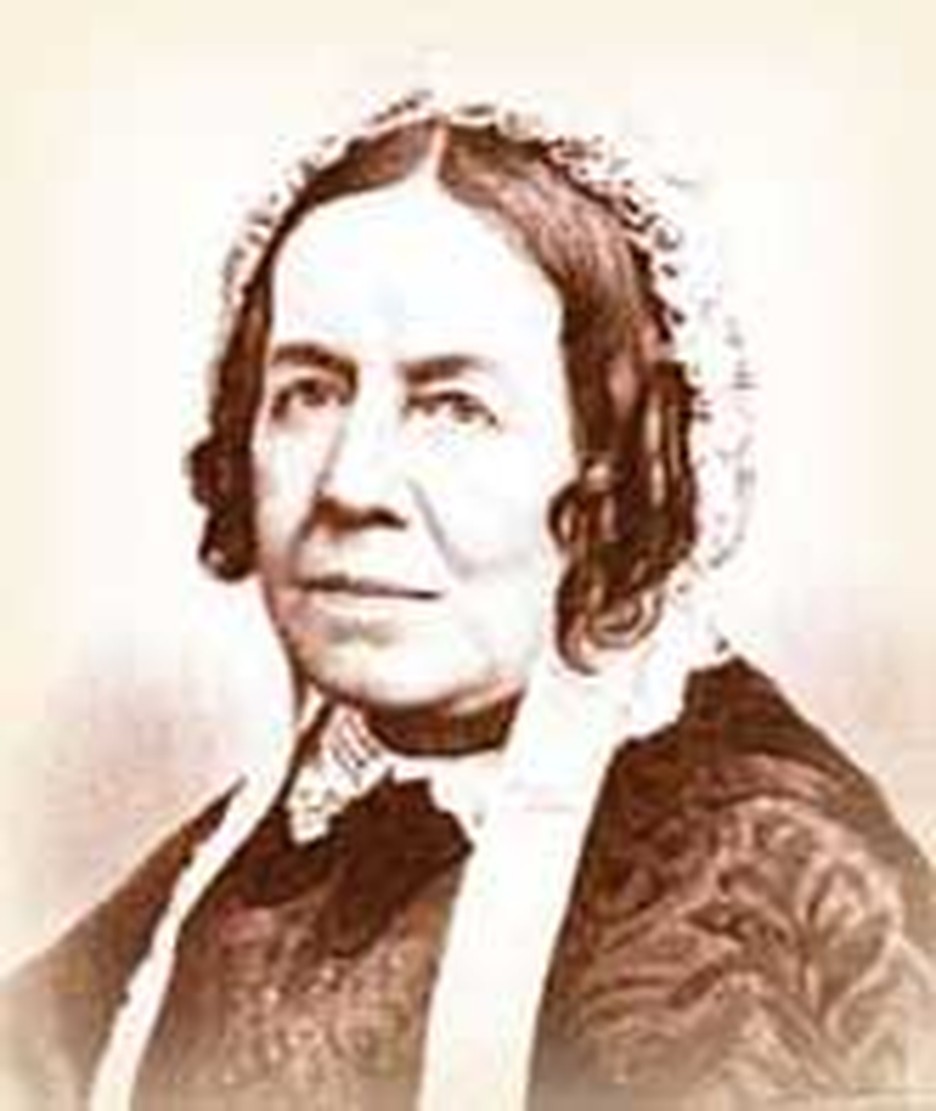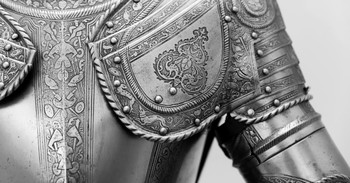
Sarah Beull unrolled her brother's gift to her. Horatio had given her a homemade diploma. "Mistress of Arts, Summa Cum Laude, Horatio Gates Beull College," it read.
Probably Sarah laughed. All through Horatio's years at Dartmouth College, he had brought home his Latin, Mathematics and philosophy books and shared everything he learned with Sarah, who was doing all she could to gain an education, despite the restrictions that kept her from attending college. She was such a devoted scholar that Horatio felt she, too, should be honored.
Born on this day, October 24, 1788, in Newport, New Hampshire, Sarah overcame the disadvantage of discrimination against women to become an internationally respected author, editor and promoter of good causes. She married.
Almost every American child is familiar with one bit of Sarah's work. She wrote the kindergarten song, "Mary Had a Little Lamb."
Sarah was just thirty-five when her lawyer husband, David Hale, died of pneumonia. She had four children under seven years of age and a fifth on the way. How was she to support herself? David's colleagues equipped her with what she needed to engage in a sewing business. They also paid for the publication of a book of her poems. The poems sold well enough that Sarah was able to leave off her sewing long enough to write a novel.
Northwood dealt with the issue of slavery and was set against a backdrop of the increasing tension between the northern and southern states. It sold well and established Sarah's name. Her book is considered the first important American novel by a woman. No doubt it helped blaze the trail for Harriet Beecher Stowe's even more famous novel, Uncle Tom's Cabin.
Sarah was offered an editor's job in Boston. It meant she had to leave her children with other family members, but she accepted the offer. To the end of her life, she would edit women's magazines, including Godey's Lady's Book. She broke new ground by featuring the work of American authors, especially women, rather than European authors. In her magazines, Sarah argued strongly that a woman's proper sphere was in the home; however, she championed women's colleges and urged that women be given the chance to teach in them. She supported Elizabeth Blackwell's determination to become a physician and argued that single women should be allowed to become missionaries. Sarah did her part for missions, too, serving as an officer in the Women's Union Missionary Society and the Ladies' Medical Missionary Society of Philadelphia.
But Sarah's greatest achievement was to make Thanksgiving a holiday in the United States. She used her popular magazines as a forum to advocate this national day of gratitude to God. Sarah worked tirelessly towards this goal for over fifteen years before Lincoln issued his Thanksgiving Proclamation in August, 1863. Not a bad track record for a girl educated at home, largely by her own efforts.
She retired when she was ninety, writing "I must bid farewell to my countrywomen, with the hope that this work of half a century may be blessed to the furtherance of their happiness and usefulness in their Divinely-appointed sphere."
Bibliography:
- Linton, Adelin. We Gather Together; the story of Thanksgiving. New York: Henry Schuman, 1949.
- Niles, Lisa. "Sarah Josepha Hale." http://www.womenwriters.net/domesticgoddess/hale1.html
- "One Lady's Tireless Efforts to Give us Thanksgiving Day. Glimpses # 71. Worcester, PA: Christian History Institute.
- Piepmeier, Alison. Out in public : configurations of women's bodies in nineteenth-century America Chapel Hill: University of North Carolina Press, c2004.
- "Sarah Hale." Encylopedia Americana, 1956.
- Various internet articles.
Last updated June, 2007.


